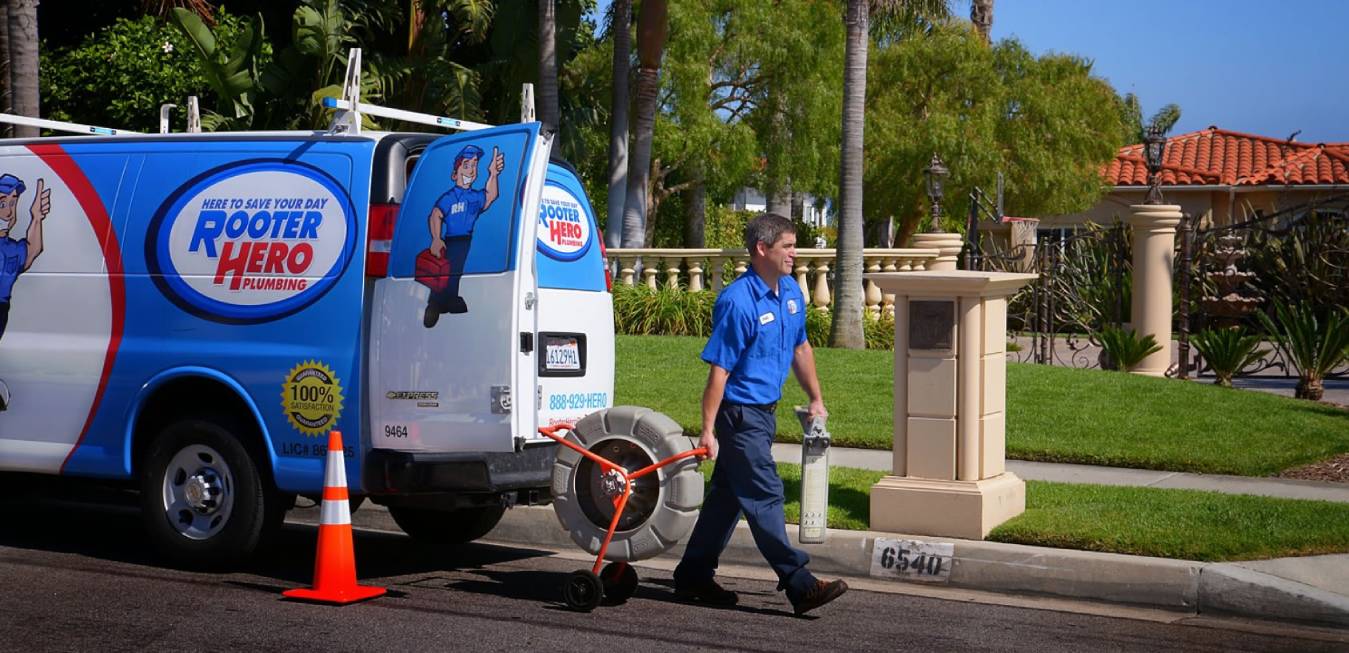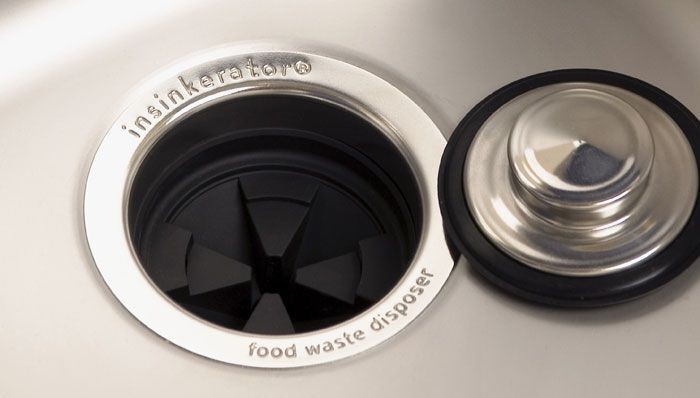
What Is that White Gunk on My Shower Head? How Do I Get Rid of It?
Have you ever taken a good look at your shower head and been puzzled about the white stuff on its surface? White buildup is something that many homeowners experience on their shower heads and it is the result of mineral deposits. These deposits are not harmful to you, but they can leave your hair dull and your skin dry. Mineral deposits can also be quite destructive to the pipes and fixtures of your plumbing system. So, now that you know what it is the next step is getting rid of the white buildup. Let’s go through your options. Some of the solutions you can easily do on your own while some may require the assistance of a residential plumber to address bathroom plumbing issues.
Removing Buildup from the Shower Head
To remove surface build up from the shower head you’ll need some vinegar and a little patience. Remove the shower head and submerse it in vinegar. Let the shower head soak for at least 30 minutes; longer if the buildup is particularly stubborn. Some people prefer to fill a plastic sandwich bag with vinegar and attach it to the shower head without removing it. This method is adequate, but it can be messy and you could end up getting the vinegar in your eyes or mouth while trying to attach the bag. Soaking the shower head isn’t enough to fully dissolve the mineral deposits. All soaking does is soften the deposits and make it easier for you to move on to step two, which is brushing the shower head with a toothbrush or bathroom scrubber. After you’ve removed all traces of mineral deposits, reattach the shower head and run water through it for several minutes to make sure all the deposits are gone.
Preventing Buildup
Most people are surprised to find out that the water regulations in regards to what substances are allowed to exist in the water supply are quite lax. Homeowners who get their water from private systems or wells on their property may already know the advantages of having a whole-house filtration system installed. However, those homeowners who receive their water from public systems can benefit from these systems too. Water that has a good amount of sediment in it is considered hard water. If your shower heads experience buildup frequently, you may have hard water. You may also have hard water if you’ve noticed rusty water in your toilet tanks and orange-brown residue in your toilet bowls, bathtubs, or shower walls. If these situations sound familiar, it’s quite likely that you have hard water that needs to be filtered or softened. Hard water can cause premature corrosion of pipes and make appliances like washing machines, dishwashers, and water heaters work harder to do their jobs reducing their life spans. There are a number of options available that run the gamut in price and effectiveness. To learn more about your options, contact a licensed plumber at Rooter Hero Plumbing to schedule a water test and personalized evaluation.






